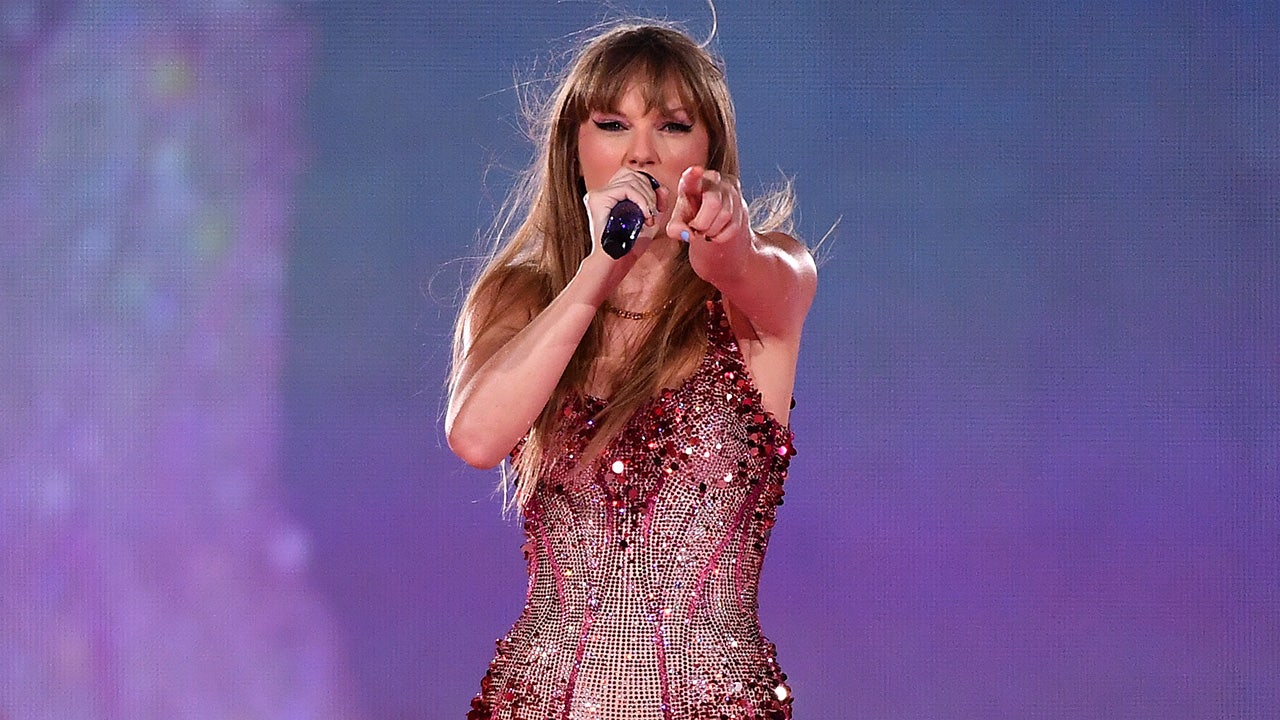Celebrities have always been a prominent presence in the world of politics, using their platform to advocate for various causes and candidates. A recent Harvard study has shed light on the significant influence that celebrities have on elections and voter turnout. The study, conducted by Harvard’s Ash Center for Democratic Governance and Innovation, found that while some may claim not to be influenced by celebrity voices in politics, the evidence suggests otherwise.
According to the study, nonprofits report higher rates of online voter registration and poll worker sign-ups when a celebrity promotes these calls to action. This demonstrates the powerful impact that celebrities can have on mobilizing individuals to participate in the democratic process. As a result, nonprofits, candidates, and elected officials are increasingly seeking ways to engage with celebrities to amplify their messages and reach a wider audience.
The researchers analyzed the approaches of 15 managers, publicists, nonprofit partners, philanthropic advisers, and celebrities, including well-known names such as Hailey Bieber, David Dobrik, Billie Eilish, Trevor Noah, Taylor Swift, Kerry Washington, and Questlove. These individuals have used their influence to encourage civic engagement and drive voter participation.
One of the key findings of the study is that celebrities can serve as surrogates for political candidates, helping to rally support and reach new audiences. They can also assist with candidate fundraising, attract large crowds to political events, and draw press attention. Additionally, the study suggests that activism can be beneficial for a celebrity’s brand, as it helps to humanize them and connect with their audience on a deeper level.
The impact of celebrities on elections and voter turnout can be substantial, as demonstrated by examples such as Taylor Swift’s Instagram post in 2018, which led to 65,000 new voter registrants in just 24 hours. Celebrities have a particularly profound influence on younger generations, who may be harder to reach through traditional media channels. Their presence on social media allows them to serve as centralized sources of information for those looking to increase voter participation.
Despite the significant impact that celebrities can have, the study also highlights the need for more organized efforts to harness their influence effectively. Formal programs that allow celebrities to test and track their engagement efforts could further enhance their impact on civic culture. By refining their approach and leveraging their influence strategically, celebrities have the potential to make a lasting impact on elections and voter turnout.
In conclusion, the Harvard study underscores the powerful role that celebrities play in shaping political discourse and driving civic engagement. Their ability to reach and mobilize audiences, particularly younger generations, highlights the importance of leveraging their influence in meaningful ways. By working collaboratively with celebrities and implementing structured engagement programs, organizations and individuals can harness this influential force to strengthen democracy and increase voter participation.


